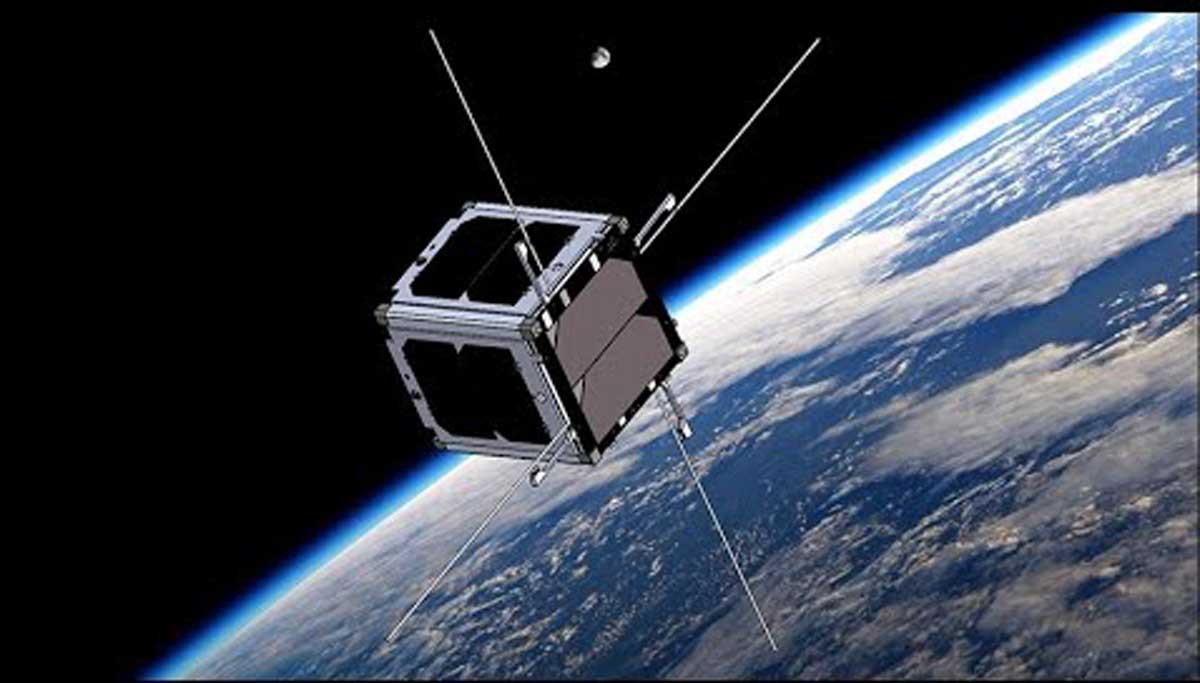Although, no dates have been set yet, Scientists manning the Botswana satellite project hosted by the Botswana International University of Science and Technology (BIUST) are confident that the country will launch its first satellite into space next year.
The cube satellite (CubeSat) which is a miniature space craft replacing the common huge space ships will be Botswana’s first satellite (BotswanaSat-1).
Following President Mokgweetsi Masisi’s announcement in his State of the Nation Address (SONA) on Monday, the interest on the country’s ambitious orbit programme has escalated.
The President stated in his address that the project will make Botswana one of the few African countries with an orbiting satellite, reflecting the nation’s hunger for a knowledge-based economy.
“The Bot-SAT-1 will bring Botswana into the global satellite eco-system for research and development in a variety 32 of disciplines,” said Masisi.
Responding to a questionnaire from The Voice, Head of Project and BIUST Deputy Vice Chancellor-Research, Development and Innovation Professor Abraham Atta Ogwu said they have completed the first phase of the ground communication station which will be commissioned on 29th November 2022. “We will then progress towards the launch of the first Botswana satellite into orbit 2023,” he said.
Professor Ogwu said when they’re ready to launch the satellite they can choose any launching platform from any country with the capacity to launch satellites.
He told The Voice that one of the project’s primary objectives is to train and equip students with quality higher education for relevant skills set for sustainable indigenous satellite programme.
According to Ogwu the ground station was designed and specified by a BIUST team, but was built by AA Space Africa based in Cape Town South Africa.
“We are working with our international collaborators in the space area including Planet Labs led by Professor Will Marshall based in California, USA,” he said.
Professor Ogwu said launching Bot-SAT-1 is a strategic move into the space era, with a huge market potential. “Botswana is transforming from a resource based to a knowledge-based economy. It is not possible to be a knowledge-based economy without owning our own satellite, which is the backbone of all modern communications systems including television, internet, radio and high speed computing,” said Ogwu.
He further stated that having its own satellite will enable the country to generate useful data to solve developmental challenges in Botswana especially in the communications, internet, weather forecasting, agricultural, land resources mapping, television broadcasting, and tourism industries which will be the backbone of the knowledge economy within Vision 2036 and the Reset Agenda of Botswana.
This will further influence areas precision farming, and real-time virtual tourism,” Professor Ogwu told The Voice.
While in the past, launching a satellite into space could cost between P100 million to P4 billion, the emergence of new commercial launch providers, such as SpaceX and Rocket Lab has made it easier to launch for as little as $1 million or at a fraction of what traditional launchers are offering.
Rocket Lab, an aerospace company founded in New Zealand and headquartered in Long Beach, California, provides launches of CubeSats for around $5 million (P64.5 million) per flight.










